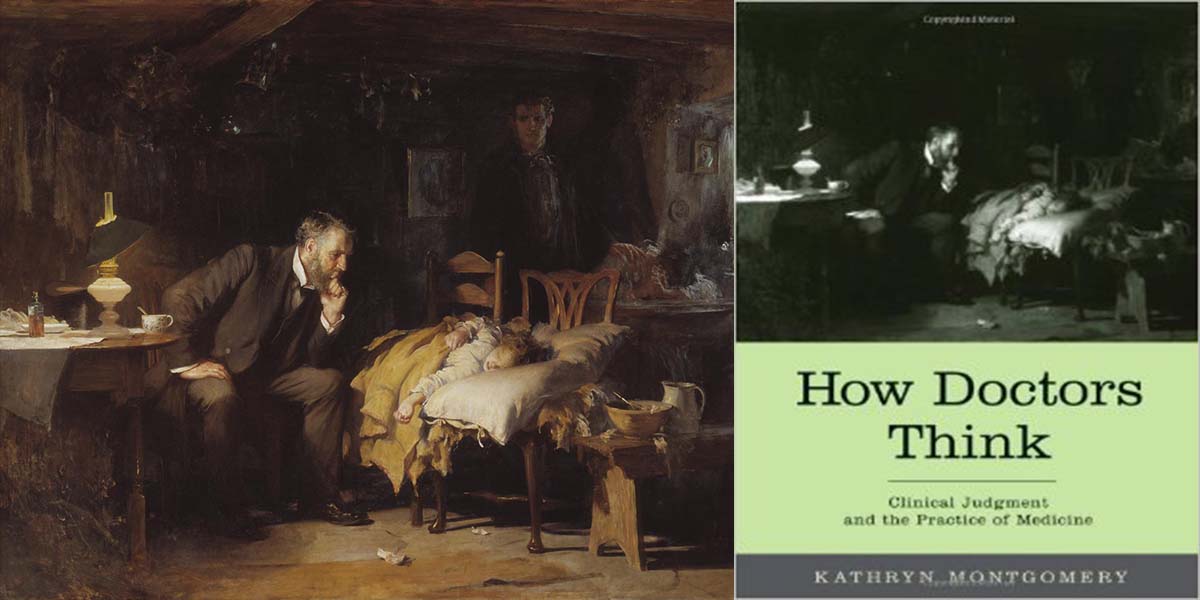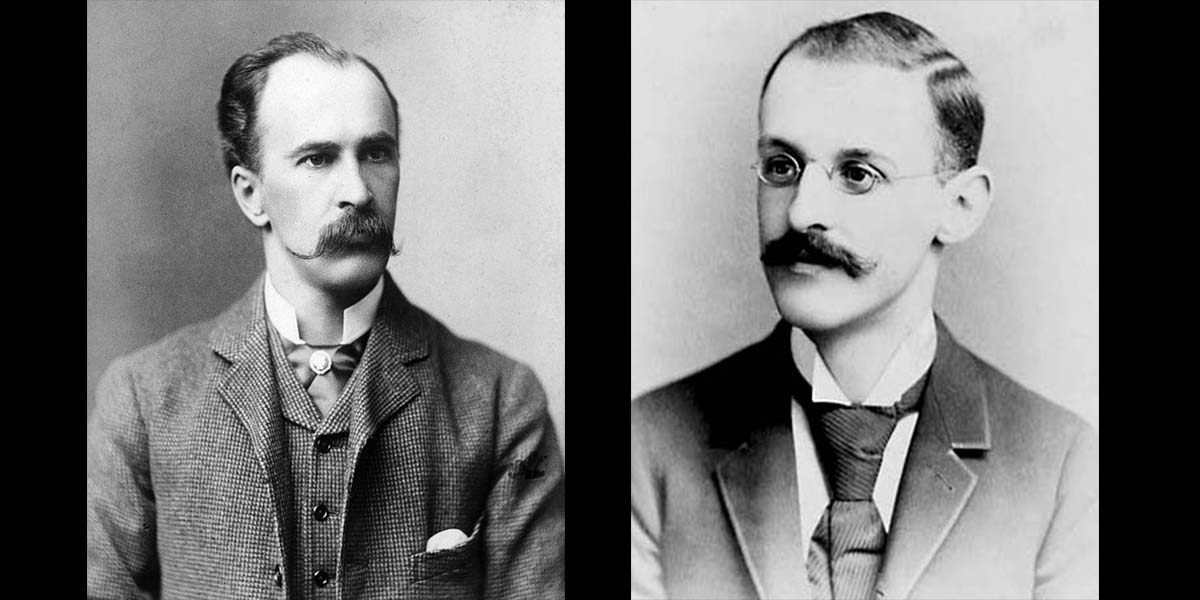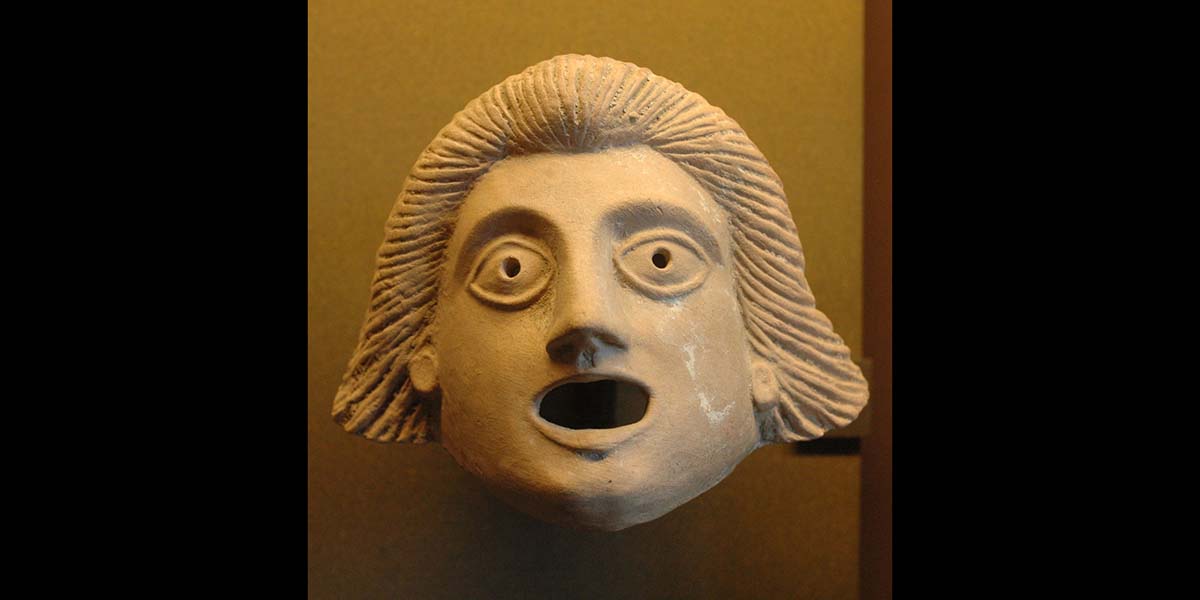(This is the second part in a series on shared decision-making. Click here for part 1)
A textbook case
I recently attended a cardiology conference where a speaker proudly presented a case of shared decision-making. It involved a young female athlete who had survived a cardiac arrest and was diagnosed as having an anomaly in her heart conduction system, putting her at risk for arrhythmia during exercise.
She had received an implantable cardioverter-defibrillator and the decision in question had to do with whether she could resume sports activities or not. The guidelines issued by the American Heart Association recommend that activities be strictly limited in intensity, but the evidence to support that recommendation is scant.
The cardiologist told the audience that he and the young woman met several times and had long conversations. He got to know her very well. He took the time to explain to her everything that medical science has revealed about the potential risks of a future cardiac arrest under the circumstances. Together, they imagined various scenarios of what might happen if one course of action or another was taken, and what impact the athlete might personally experience in terms of overall quality of life.
Finally, they jointly agreed on a decision.Continue reading “The case against shared decision-making – 2”










